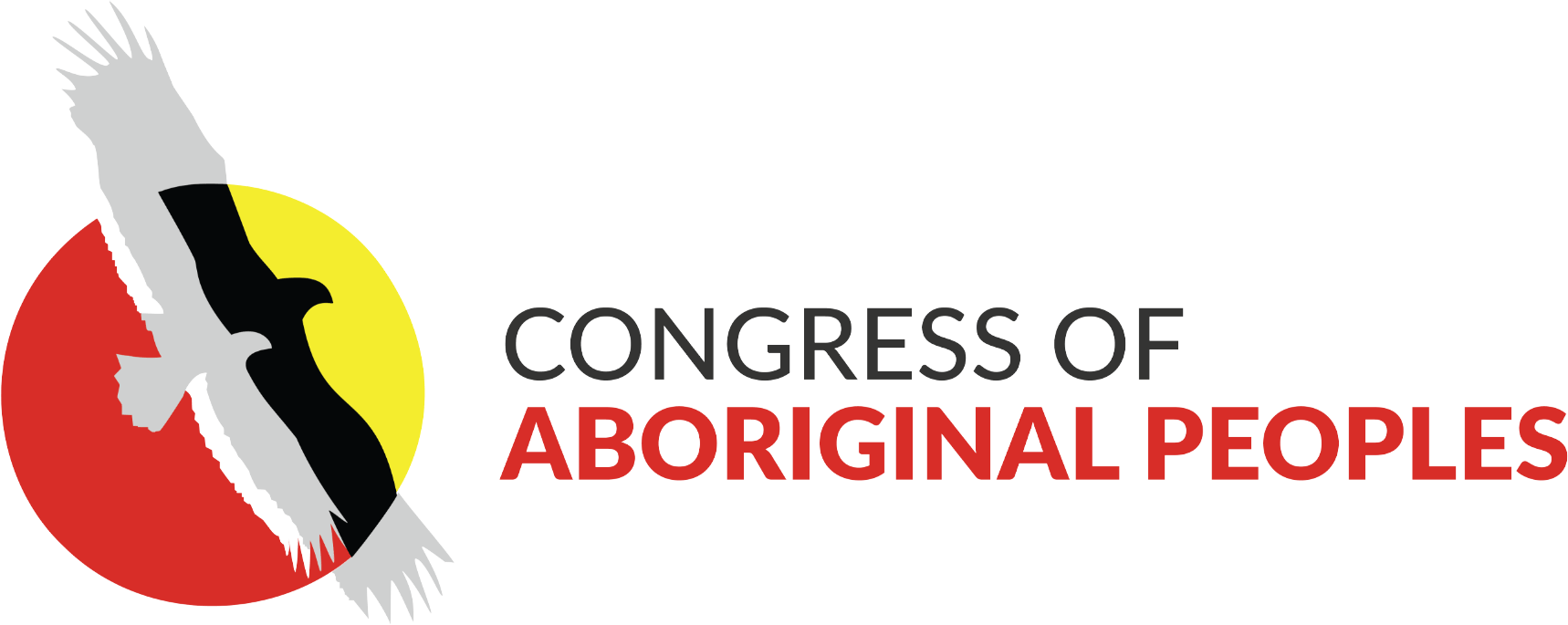Congress of Aboriginal Peoples (CAP)
Canadian National Indigenous Organization
Political Accord
Canada-CAP Political Accord
On December 5, 2018, the Congress of Aboriginal Peoples celebrated the signing of a renewed Political Accord with the federal government. It was a breakthrough moment for the people that we represent and builds a foundation for CAP and Canada to work in cooperation.
The Accord is an agreement between CAP and the Government of Canada to set out jointly agreed objectives, policy priorities, and a process for implementation with resources/funding. The goals of the agreement include building a renewed relationship based on rights, respect, co-operation, and partnership with the goal of closing the socio-economic gap between Indigenous peoples and non-Indigenous Canadians.
CAP signed previous Political Accords with the federal government in 1994, 1998 and 2005. In 1994, CAP was the first National Indigenous Organization to formalize a relationship with government through this type of mechanism. The 2018 Accord was negotiated with government over two years, particularly to reflect a renewed relationship with government in response to the 2016 Supreme Court of Canada’s CAP-Daniels Decision.
Through the Accord, the government has committed to working with CAP and supporting the participation of the Congress and its provincial affiliates in matters related to the rights, interests and needs of their constituents.
As stated in the Supreme Court decision in Daniels v. Canada, “[Métis and Non-status Indians] are deprived of programs, services and intangible benefits recognized by all governments as needed.” Through the signing of the Accord, the federal government is acknowledging their responsibility to the off-reserve Métis, status and Non-status Indians, and Southern Inuit Indigenous Peoples. The Accord sets out a path toward Daniels implementation as part of joint work-planning process, including co-developing policies and initiatives.
Conclusion – the important takeaway
The renewed Accord recognizes the federal government’s jurisdiction and fiduciary duty to Métis and Non-status Indians as confirmed in the Supreme Court of Canada’s CAP-Daniels Decision. It is a tool for collaborative work and to hold the government to account to engage with CAP’s constituency.
